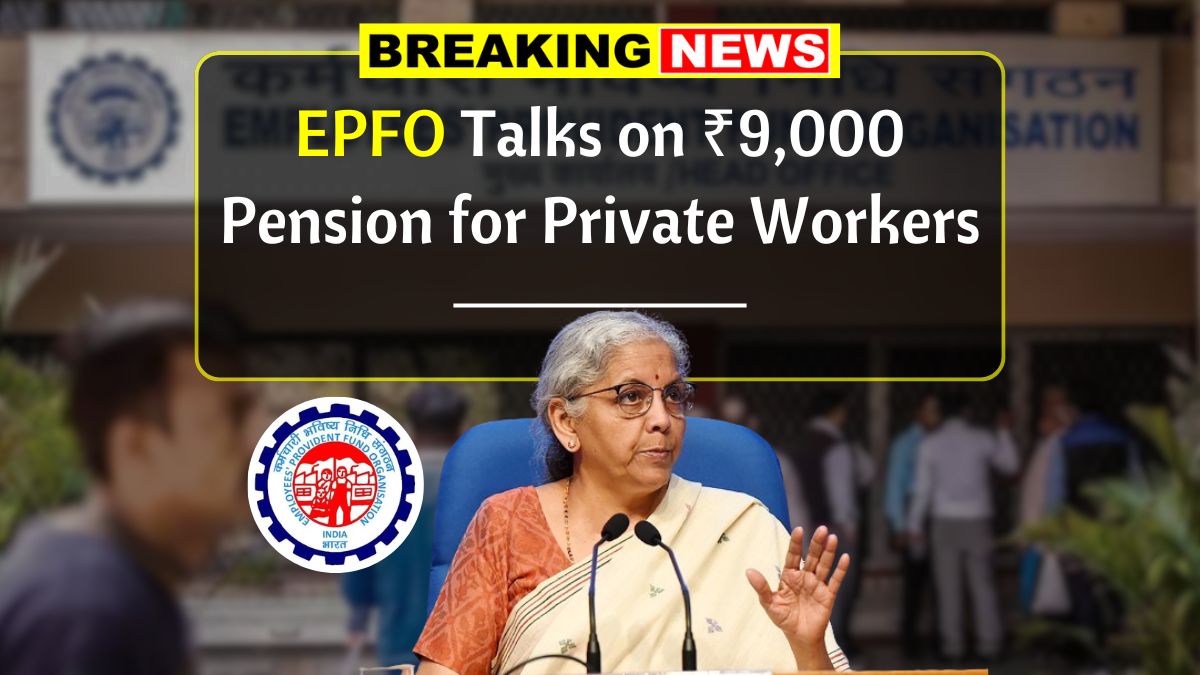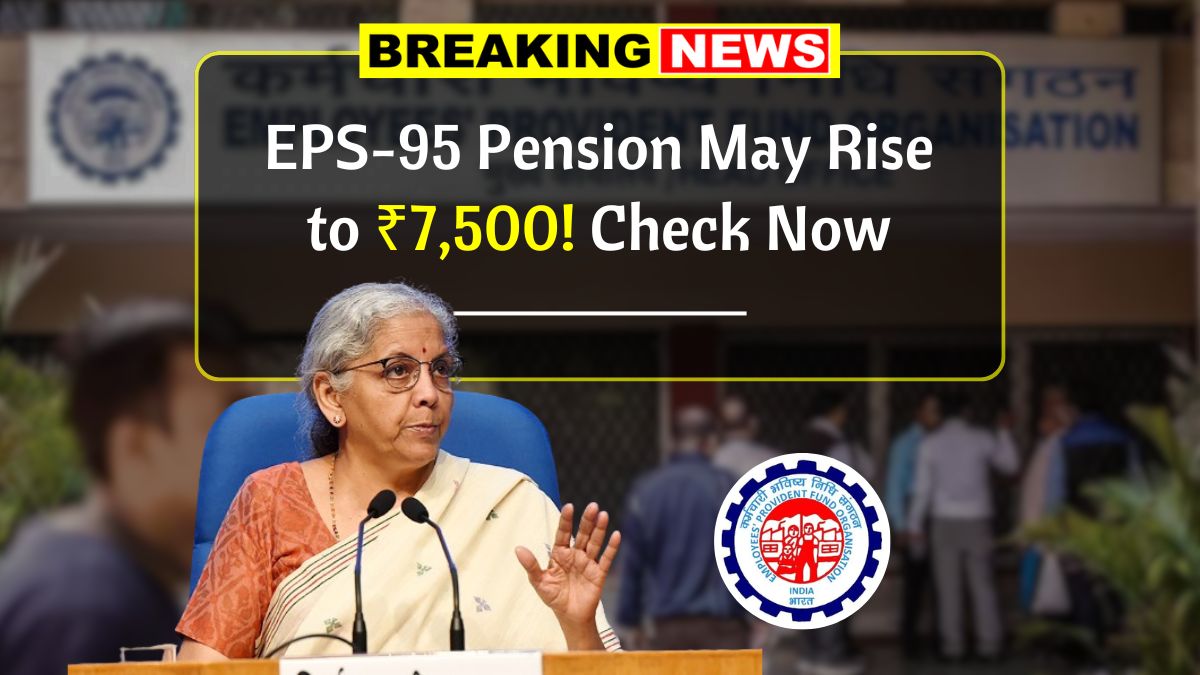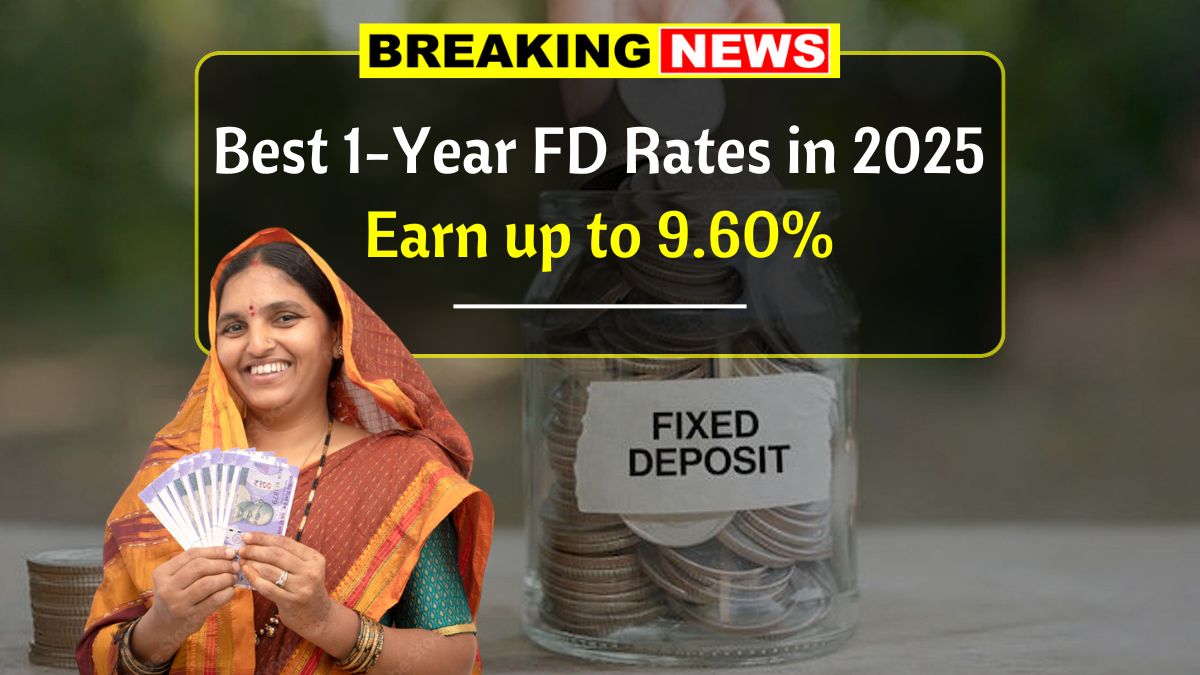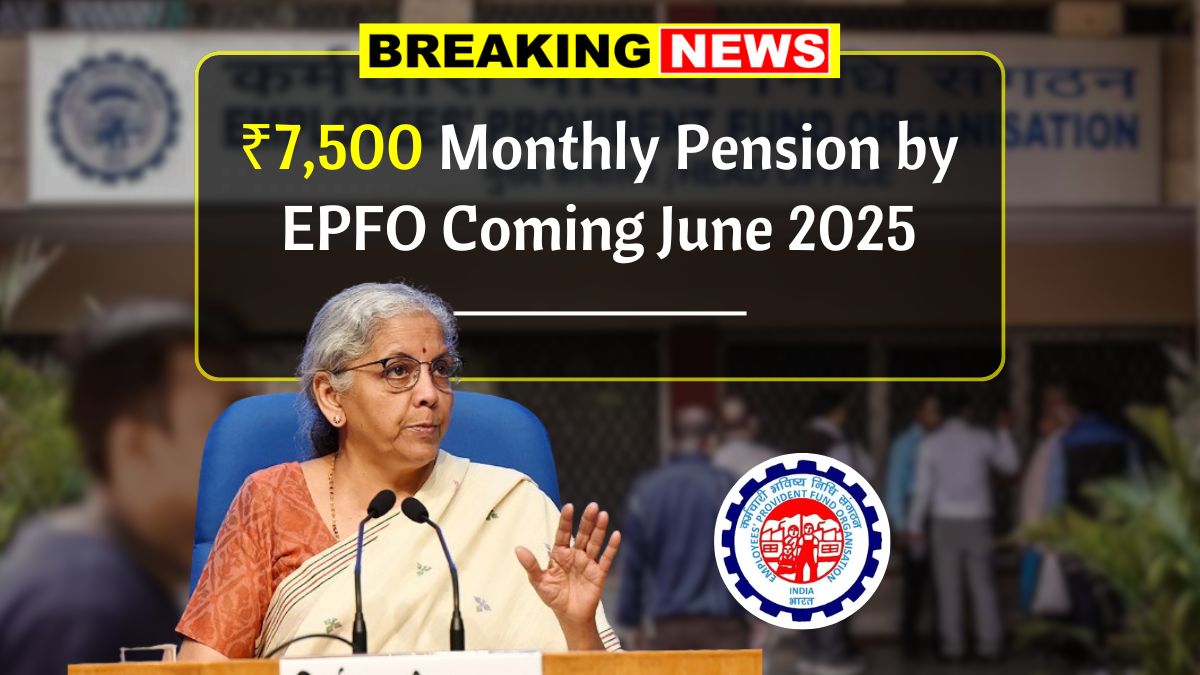8th Pay Commission – A lot of buzz is going around about the 8th Pay Commission and how it might bring a big change to the lives of government employees in India. If you’re working in the public sector or planning to, you’ll want to keep an eye on this. The new pay commission is expected to bring a solid salary hike, better allowances, and improved pension benefits. Let’s break it all down in a simple and easy-to-understand way.
What Is the 8th Pay Commission All About?
In India, pay commissions are set up every few years to review and revise the salary structure for government employees. The 8th Pay Commission, which is expected to roll out in the coming years, is likely to recommend a noticeable bump in salaries and benefits. This is good news not just for employees but also for pensioners.
With this revision, here’s what you can expect:
- Higher basic pay across all job levels
- Updated allowance structures
- Better pension plans for retired employees
- Boost in employee satisfaction and morale
This move aims to keep up with inflation and cost of living, ensuring that government workers are fairly compensated for their services.
Why This Matters for the Economy
Now, this isn’t just about giving a raise. When lakhs of employees see a boost in their salaries, it naturally increases their spending capacity. That extra money goes into buying goods, services, vehicles, homes, and even travel. So it’s a ripple effect that touches multiple sectors.
Here’s how it could impact key areas:
- Retail: People have more money to spend, which means more shopping and stronger retail sales.
- Real Estate: Higher salaries encourage more home buyers to invest in property.
- Banking: With more income, savings and bank deposits are expected to go up.
- Automobiles: A salary hike often leads to a rise in vehicle purchases.
- Healthcare and Education: More spending means better access to quality services in these sectors.
- Tourism: More money in hand makes it easier for families to plan vacations and trips.
This sort of income-driven economic activity is great for the country’s overall growth.
Long-Term Gains
While the immediate reaction is increased spending and economic movement, there are also long-term benefits.
- Encourages people to save and invest wisely
- Helps reduce income inequality between private and public sectors
- Increases tax collection as incomes rise
- Brings more people into formal financial planning
So, it’s not just a short-term fix — it could actually help improve the financial ecosystem for years to come.
How Much Will the Salary Actually Go Up?
Although official figures are still being discussed, here’s a rough idea based on past patterns and current expectations:
- Entry-Level Employees: Current pay around Rs 25,000 may increase to nearly Rs 35,000
- Mid-Level Staff: From Rs 45,000, it could go up to Rs 60,000
- Senior Officers: Salaries might jump from Rs 80,000 to Rs 1 lakh or more
Allowances like House Rent Allowance (HRA), Dearness Allowance (DA), and Travel Allowance are also expected to rise. For instance:
- HRA could be revised upwards from the current 20 percent of basic pay
- DA, currently at 17 percent, is expected to be reviewed and adjusted
- Fixed monthly allowances like medical and travel may also get a bump
All of this adds up to a more generous pay package for government workers.
When Will This Happen?
There’s no fixed date yet, but here’s how things usually work:
- The commission will first submit its recommendations.
- The central government will review and approve the report.
- Once the central government is on board, state governments will take steps to implement it.
- The entire process may take a year or more, but it’s expected to roll out by the next financial year if all goes as planned.
What Should You Do in the Meantime?
If you’re a government employee or planning to become one, now’s the time to start preparing:
- Keep track of official announcements and updates from your department
- Review your current financial plans and make adjustments if needed
- Talk to your HR or accounts department to understand how the new structure could affect you
- Think long-term — how can you make the most of this increase for savings and investments
The 8th Pay Commission has the potential to bring meaningful change not just for government employees but for the economy as a whole. It promises more than just a salary bump — it’s about ensuring financial security, improving quality of life, and boosting economic activity across the board.
As we wait for official confirmations, one thing is certain: the next few years look a lot more promising for those in government service. Stay updated, stay prepared, and make sure you make the most of what’s coming your way.














